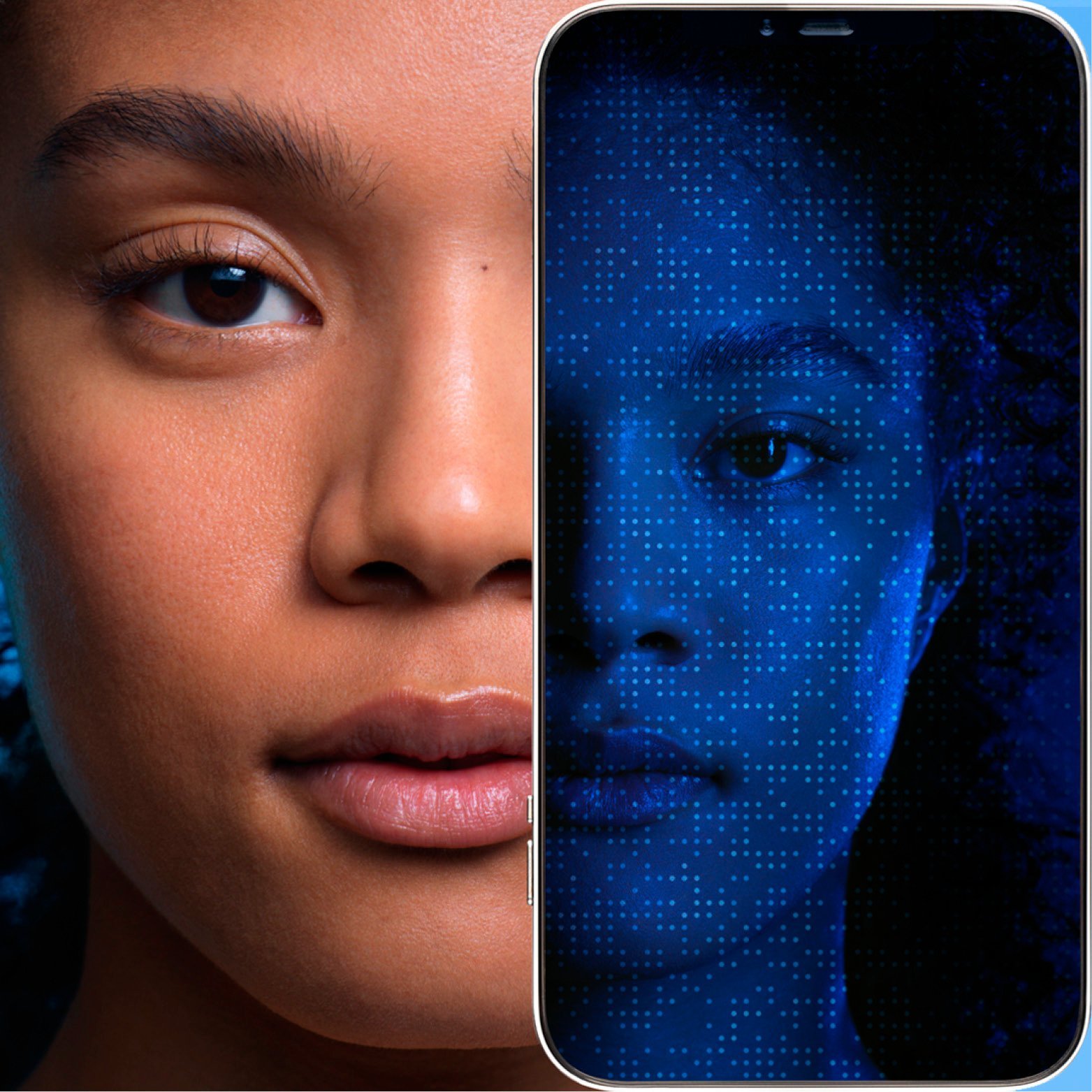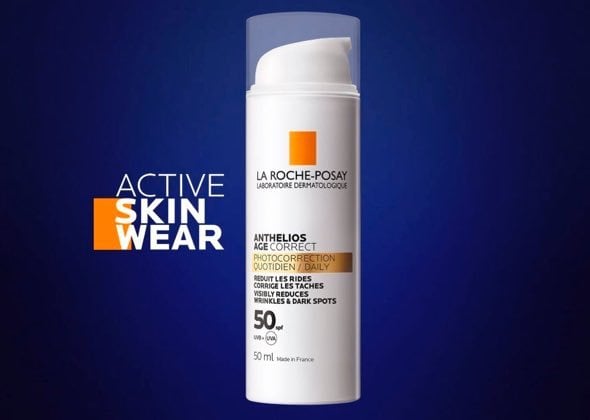IT’S NOT YOUR IMAGINATION,
ACNE CAN BE CAUSED BY STRESS!
Yes, acne from stress is a real thing. With long hours, exams or deadlines and a crazily competitive landscape... when the going gets tough, acne can be caused by stress. Scientific research has proven a link between high stress levels and acne severity . The truth is that doctors still haven't worked out the exact nuts and bolts of the link between acne and stress, but it's thought to involve stress hormones which trigger the sebaceous gland to manufacture extra oil, turning skin into a breeding ground for blemishes.
The bottom line? Stress is a genuine acne cause, particularly of adult acne.
How can I treat stress acne?
If you have acne from stress, you need to find their own way of staying zen: going out with friends, hitting the gym or simply stepping away from the screen - make sure you set aside some me-time... your skin might just thank you for it!
SUN EXPOSURE CAN CAUSE ACNE –
WITH OVERNIGHT ACNE TREATMENTS
UV light is another little-known cause of acne (yes, a sunny day can have its downside!). In fact, one myth about spots that just won't die is that sunlight is acne-prone skin's saviour. Wrong! In the very short term, a tan can make your complexion look more even, but the sun's drying effect causes skin to rebound into "oil overdrive" after your holiday. The oil combined with a thickening of skin's top layer clogs pores and prevents sebum from escaping properly. For this reason, sun exposure can cause breakouts.
Sun is also a major cause of brown marks on the skin known as post-inflammatory hyperpigmentation or PIH: Inflamed skin produces brown melanin pigment in response to UV rays. The result? Brown pigmented marks on skin which only serve to remind you of blemishes gone-by ☹. And this can happen in both winter and summer.
The bottom line? Sun modifies skin's behaviour, making it an important acne cause. Read on to learn how to stop the sun from worsening blemishes and marks.
How can I stop the sun from making my acne prone skin worse?
Skin is in need of specific protection to shield it from UV rays. The first step? Broad-spectrum UV protection covering both UVA and UVB. Opt for fluid, oil-free and non-comedogenic textures. EFFACLAR Duo(+) SPF30 combines cutting-edge imperfections fighting ingredients with a super light and non-comedogenic sun filter.POLLUTION RANKS HIGH
AMONG ACNE CAUSES
When asked “what causes acne?”, few people think of smog and exhaust fumes. But one of skin’s major city stresses is pollution. After more than 15 years’ research, La Roche-Posay has identified atmospheric pollution as a cause for breakouts, and particularly adult acne.
How does pollution cause acne?
Tiny dust particles known as PM 2.5 can squeeze through the skin's protective barrier and wreak havoc. Accompanied by ozone and other pollutants, they trigger a chain reaction that starts with oxidation of sebum at skin's surface. These pollutants change the composition of the sebum and also cause a deficiency of vitamins C and E, two of skin’s natural antioxidants. These attacks on skin’s protective layer of surface lipids (the skin barrier) cause pimples and oily skin problems in the form of excess shine, blocked pores, blackheads, uneven skin texture and dull complexion.
The bottom line? Pollution is one of the most important adult acne causes (and it can cause breakouts in teens too). Skin becomes oilier, blackheads look worse and new spots can crop up.
How can I stop pollution from making my acne-prone skin worse?
Everyone seems to be talking about the dangers of pollution, but how can you protect skin against this invisible enemy? Your first anti-pollution rescue is smart cleansing. Skin should be cleansed morning and evening, with no exceptions. Reach for a gentle non-rinse cleanser such as EFFACLAR Micellar Water, which has demonstrated superlative efficacy at removing microscopic pollution particles from skin’s surface.
Wondering what daily care product you can use to shield skin from pollution? Anti-adhesion textures which work to stop pollution particles from sticking to skin and causing breakouts are a good place to start.
To stop breakouts due to pollution, make sure you use an SPF suitable for your skin type too, as the UV rays + pollution combo is a major cause of acne-prone skin. Look for a sun protection product in an anti-pollution texture to stop fine particles and pollution from sticking to your skin. EFFACLAR Duo(+) SPF30 combines clinically proven anti-imperfections and marks ingredients with an anti-adhesion texture and a non-comedogenic sun filter making it a smart choice for urbanites with acne-prone skin.
Click HERE for more information on the causes of acne.
Learn more about acne, stress and depression HERE.








